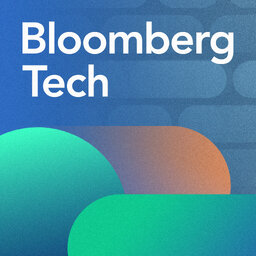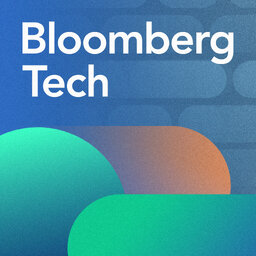Palantir Soars and Salesforce Expands It’s AI Toolkit
Bloomberg's Caroline Hyde and Ed Ludlow break down the biggest tech earnings of the day. Plus, Salesforce may be expanding its AI toolkit, and will we soon live in world with AI-powered … car inspections?
 Bloomberg Tech
Bloomberg Tech


